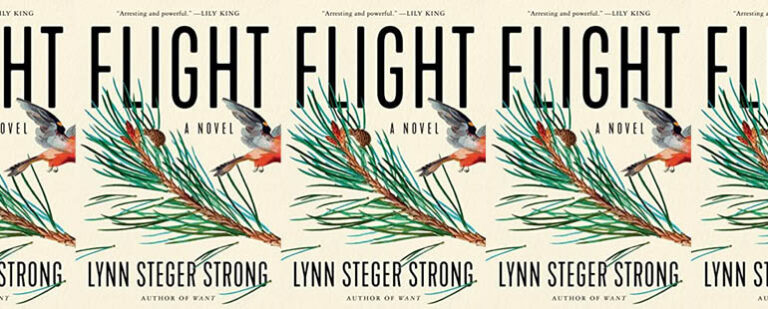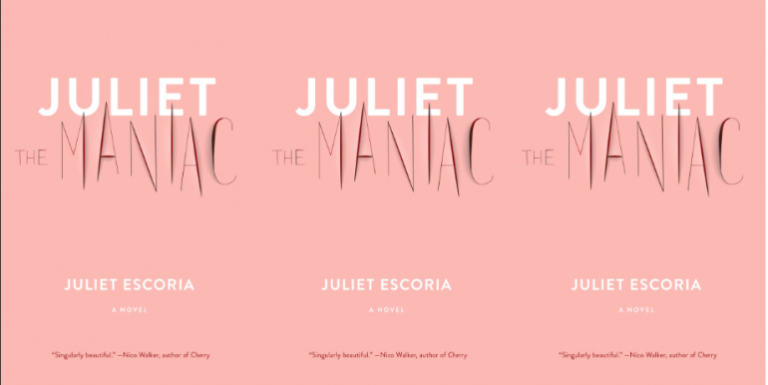Literary Boroughs #43: Montreal, Canada
The Literary Boroughs series will explore little-known and well-known literary communities across the country and world and show that while literary culture can exist online without regard to geographic location, it also continues to thrive locally. Posts are by no means exhaustive and we encourage our readers to contribute in the comment section. The series will run on our blog from May 2012 until AWP13 in Boston. Please enjoy the forty-third post on Montreal, Canada, by April L. Ford. -Andrea Martucci, Ploughshares Managing Editor
Hello, bonjour? There’s French Canada, there’s Quebec, and then there’s Montreal, a city of three million-plus that prospers from decades of immigrants who have influenced the culture and language. Some people call it “Frenglish,” others call it “Franglais.” What that means for you, gentle visitor, is that with a pocket dictionary, a pint of Cheval Blanc beer, and, yes, a little courage, you shall thrive.
It has taken the four years since I moved to New York State for me to appreciate my native city as a visitor might—to understand how intimidating it can be for a non-French speaker to pilot the winds of provincial solidarity, to feel the sociolinguistic punch of “Je me souviens,” an abridged history on all Quebec license plates. Do you address people in French first? How should you feel when they switch to English after politely waiting for you to fail at rolling your r-r-r-r-r’s? Do the French really say Ooh-là-là ? (No. Except maybe in mid-century cinema.) On being addressed in English: Feel good! Montrealers want you to enjoy the city, especially if you’re American; we wish to enable you and your foreign currency.
What the City is known for:
Francophones (very different from the French, a.k.a. Parisians), snow, the Underground City, poutine, bagels, festivals, microbreweries, romance, student activism, Céline Dion (that’s right Las Vegas, we had her first).
Resident writers:
Robert Allen, Stephanie Bolster, Julie Bruck, Terence Byrnes, Anne Carson, Leonard Cohen, Mary Di Michele, Tess Fragoulis, Taras Grescoe, Rawi Hage, Mikhail Iossel, Kaie Kellough, Catherine Kidd, Irving Layton, Stephen Leacock, Yann Martel, John McAuley, David McGimpsey, Émile Nelligan, Heather O’Neil, Mordecai Richler, Gabrielle Roy, Gail Scott, Carmine Starnino, Julija Sukys, Kim Thuy, Sean Michaels.
Literary references:
My favorites include Leonard Cohen’s Beautiful Losers, Mordecai Richler’s St. Urbain’s Horseman, Heather O’Neil’s Lullabies for Little Criminals, Kathy Reich’s 206 Bones, and Colleen Curran’s Guests of Chance.
Where to learn:
The Quebec Writers’ Federation supports and promotes English-language writers. The Federation offers a mentorship program that pairs emerging writers with established ones, as well as spring and fall workshop sessions on anything from memoirs to query letters.
If you’re looking long-term, Concordia University offers Quebec’s only English-language creative writing undergraduate major and Master of Arts with creative writing option. The programs are highly selective and competitive nation-wide.
Dawson College’s Creative Arts, Literature and Languages program provides students with a solid liberal and fine arts background. (A note on what “college” means in Quebec: High school goes until grade 11. Students wishing to pursue bachelor degrees must first complete two years in a pre-university program at an institution such as Dawson College—or, Cégep Dawson.)
Where to find reading material:
If you want big, other than university libraries, visit Bibliothèque et archives nationales du Québec. For used, antiquarian, reasonably priced books, and the occasional fluffy store kitty, try: Bibliomania Bookshoppe, Librairie Astro, Odyssey Books, S.W. Welch, and The Word.
Where to write:
For the caffeine-lover, Caffè Art Java offers free Wi-Fi, and staff who understand that sometimes a writer is so broke she must make her velvety 8 oz. latté last three hours. Irish pubs like McKibbon’s and Hurley’s are also prime places to install oneself for the afternoon. Who doesn’t love to people-watch when the weather permits? If you’re in the city during the warm months, pack yourself a fresh organic lunch made from your purchases at Jean-Talon Market, and spend the day at Parc Jean Drapeau or Parc Lafontaine. If exercise is one of your daily rituals, walk up Mount Royal and gift yourself with a gorgeous view of the cityscape.
Where to get published:
The QWF’s Carte Blanche is a biannual online journal. If you’re a student, submit your work to Concordia University’s Soliloquies undergraduate anthology or Headlight graduate anthology. If you tend toward experimental penmanship, try Matrix magazine. Feeling ambitious? Try Véhicule Press and DC Books. For the graphic novelist, there’s Drawn & Quarterly.
Events/Festivals:
So many! Check out Festivals in Montreal for a comprehensive list. In the meantime:
Got a snow fetish? Want to spend the night in an ice hotel with your French lover? Wonder what it’s like to write a novel inside an igloo? Visit the Snow Village. Got rejected by the Big Six? The small presses? Your mother? Try the Anarchist Bookfair. Beer Festival: Yes, we celebrate beer in a big way. Pop Montreal: A five-day international music festival that has attracted the likes of Arcade Fire and Kid Koala. Expozine: Montreal small presses and self-publishers come together.
For regular literary goings-on, check out the Atwater Library, and the QWF’s “Events” calendar. And make friends with Concordia’s Creative Writing students; they know where all the parties are.
April L. Ford teaches creative writing at State University of New York at Oneonta. This February she will be a VCCA Robert Johnson Fellow, and in May she will be a Ucross Foundation Artist-in-Residence. In her copious spare time, April reads creative non-fiction for r.kv.r.y. quarterly literary journal and serves as an editorial assistant for Unboxed Books. Her stories have appeared in Short Story magazine and The Battered Suitcase, among others. She recently completed a collection of fiction and is joyously close to the end of her first novel.


